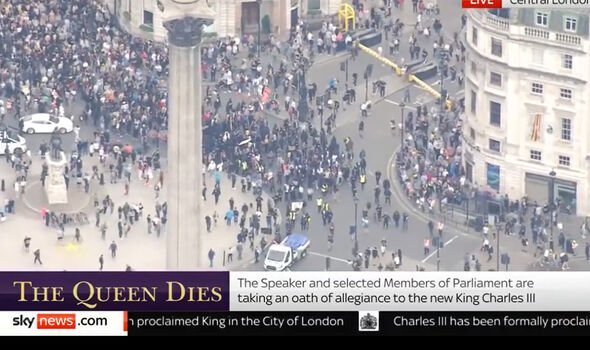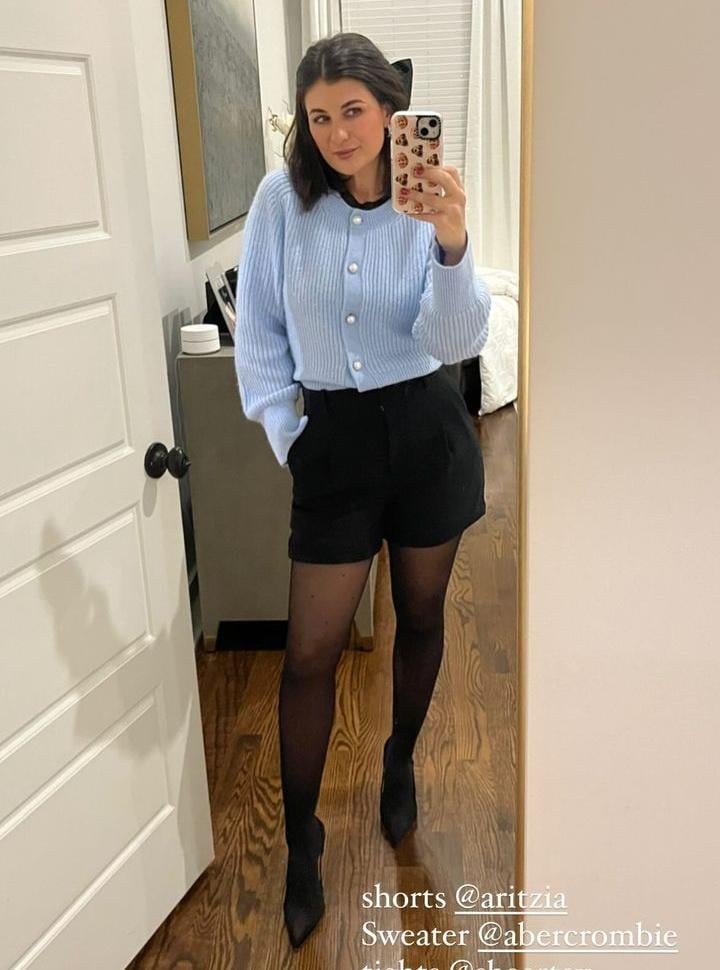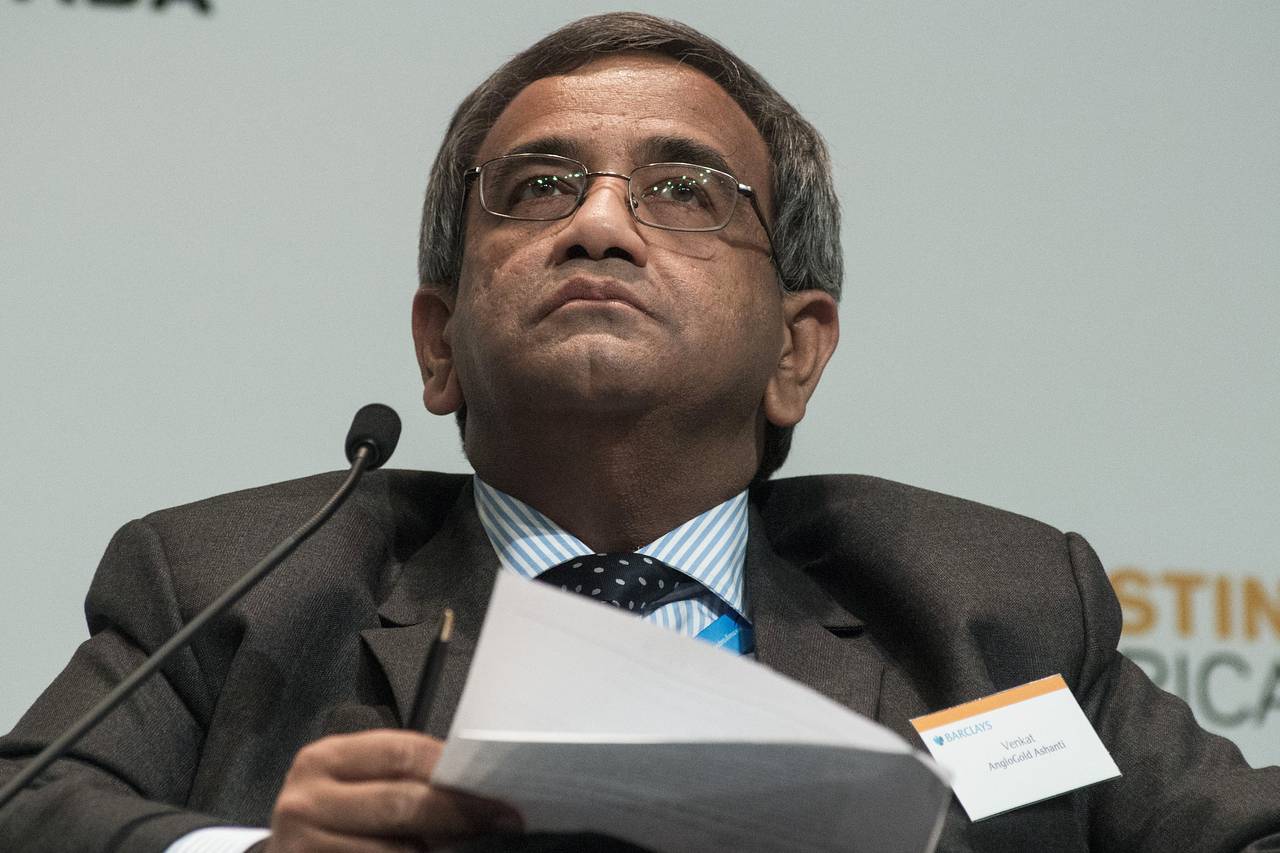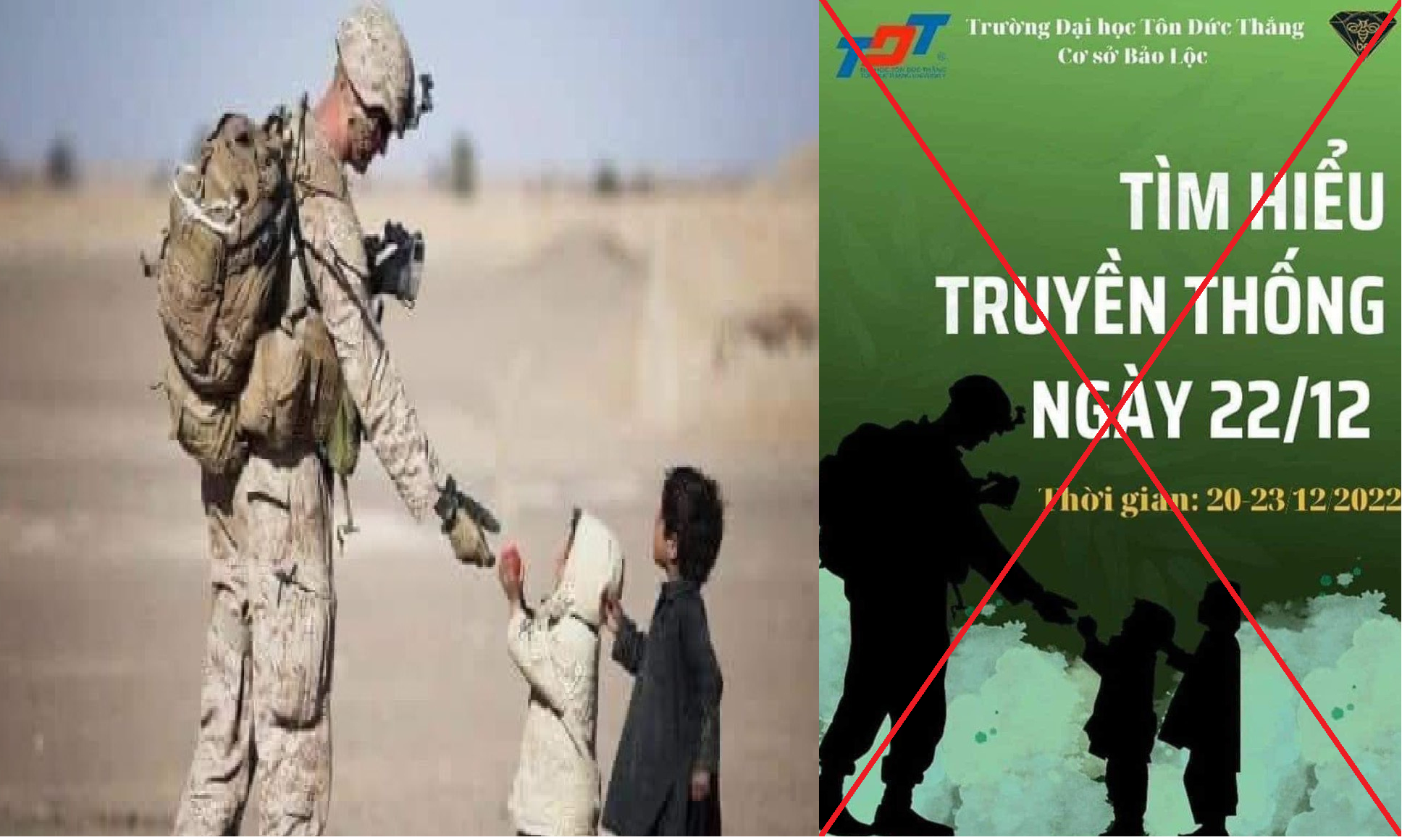Police Watchdog's Ofcom Complaint: Chris Kaba Panorama Episode Scrutinised

Table of Contents
The IOPC's Ofcom Complaint: Key Allegations
The IOPC's Ofcom complaint against the BBC Panorama program centers on several key allegations challenging the episode's accuracy and fairness. The watchdog body argues that the program's portrayal of events surrounding Chris Kaba's death was misleading and potentially prejudicial to the ongoing investigations.
-
Allegations of Factual Inaccuracy: The IOPC claims the Panorama episode contained several factual inaccuracies regarding the sequence of events leading to the shooting, the actions of the police officers involved, and the evidence presented. These alleged inaccuracies, the IOPC argues, significantly misrepresented the investigation's findings to date.
-
Unfair Portrayal of the Metropolitan Police: The complaint alleges that the program presented a biased and unfair portrayal of the Metropolitan Police, potentially undermining public trust in the force and prejudicing future legal proceedings. The IOPC contends that the program lacked sufficient balance and failed to adequately represent the police perspective.
-
Impact on Ongoing Investigations: A key concern raised by the IOPC is the potential negative impact of the Panorama episode on the ongoing investigations into Chris Kaba's death. The IOPC argues that the program's content could compromise the integrity of the investigations and potentially influence witnesses.
-
Breach of Ofcom's Broadcasting Code: The IOPC contends that the Panorama episode breached Ofcom's broadcasting code, specifically concerning accuracy, impartiality, and due diligence in reporting sensitive investigations. This highlights the serious nature of the complaint and the potential for significant consequences.
Panorama's Defence and the BBC's Response
The BBC has responded to the IOPC's complaint, defending the journalistic integrity of the Panorama episode. The broadcaster maintains that the program acted in the public interest by shedding light on a crucial case involving allegations of police misconduct.
-
Justification for Content and Sources: The BBC has justified its content choices, emphasizing the use of credible sources and evidence to support its reporting. They argue that the program aimed to provide a comprehensive and balanced account, while acknowledging the sensitivities involved.
-
Public Interest Argument: Central to the BBC's defense is the argument that the public has a right to know about the circumstances surrounding Chris Kaba's death and the investigation's progress. They contend that the program served a vital public interest by scrutinizing police actions and promoting transparency.
-
Commitment to Journalistic Integrity: The BBC reiterates its commitment to upholding high journalistic standards and conducting thorough investigations before broadcasting sensitive material. They maintain that the program was produced responsibly and ethically.
-
Counter-Evidence: The BBC is likely to provide Ofcom with evidence to refute the IOPC's claims of factual inaccuracies and bias. This will likely include transcripts, witness statements, and other supporting documentation.
Public Reaction and the Wider Implications
The Panorama episode and the subsequent Ofcom complaint have generated a significant public reaction, sparking intense debate on social media and in the wider media landscape.
-
Social Media Response: Social media platforms have been abuzz with comments, opinions, and analyses of both the Panorama episode and the IOPC's complaint. This digital discourse reflects a wide spectrum of views on police accountability, media responsibility, and the Chris Kaba case itself.
-
Impact on Public Trust: The controversy has undoubtedly impacted public trust in both the police and the BBC. Public confidence in institutions is fragile, and events like this can significantly erode trust if not handled transparently and effectively.
-
Media Coverage and Public Perception: Media coverage plays a crucial role in shaping public perception of police brutality and misconduct. The Panorama episode and the subsequent debate highlight the power of media in influencing public discourse on sensitive issues.
-
Implications for Future Investigations: The outcome of Ofcom's investigation will have significant implications for future investigations into police misconduct. It will set a precedent for media reporting on such cases, potentially influencing how sensitive investigations are covered in the future.
The Role of Independent Oversight Bodies
The roles of Ofcom and the IOPC are critical in holding both the BBC and the police accountable. Their actions are central to maintaining public trust and ensuring transparency in sensitive investigations like the Chris Kaba case.
-
Ofcom's Regulatory Powers: Ofcom is responsible for regulating the UK's broadcasting sector, ensuring adherence to its broadcasting code. Their investigation will assess the Panorama episode against these standards.
-
IOPC's Investigative Mandate: The IOPC is charged with investigating allegations of police misconduct. Their complaint to Ofcom is part of their broader efforts to hold the police accountable.
-
Potential Overlap and Conflicts: The potential for overlap and conflict between Ofcom and the IOPC's roles highlights the complexity of navigating accountability in such cases. Clear lines of responsibility and effective communication between these bodies are crucial.
Conclusion
The IOPC's Ofcom complaint regarding the Chris Kaba Panorama episode underscores the complexities of police accountability and the media's role in reporting on sensitive investigations. The outcome of Ofcom's investigation will significantly impact both the BBC and the ongoing conversation about police conduct. The case emphasizes the importance of independent oversight bodies in maintaining public trust and transparency. Further scrutiny of the Chris Kaba case and similar incidents is essential for improving police practices and media reporting. Stay informed about developments in the Police Watchdog's Ofcom complaint and the Chris Kaba case—understanding this situation is vital for promoting justice and accountability.

Featured Posts
-
 Nikki Burdine Departs Wkrn News 2 Morning Show After Seven Years
May 01, 2025
Nikki Burdine Departs Wkrn News 2 Morning Show After Seven Years
May 01, 2025 -
 Spotify Beats Forecasts 12 Subscriber Count Increase
May 01, 2025
Spotify Beats Forecasts 12 Subscriber Count Increase
May 01, 2025 -
 Panic Among Kashmirs Cat Owners Following Viral Online Content
May 01, 2025
Panic Among Kashmirs Cat Owners Following Viral Online Content
May 01, 2025 -
 Truong Dh Ton Duc Thang Chien Thang Vang Doi Tai Giai Bong Da Sinh Vien Quoc Te 2025
May 01, 2025
Truong Dh Ton Duc Thang Chien Thang Vang Doi Tai Giai Bong Da Sinh Vien Quoc Te 2025
May 01, 2025 -
 Pandemic Fraud Lab Owner Convicted For Falsified Covid Test Results
May 01, 2025
Pandemic Fraud Lab Owner Convicted For Falsified Covid Test Results
May 01, 2025
